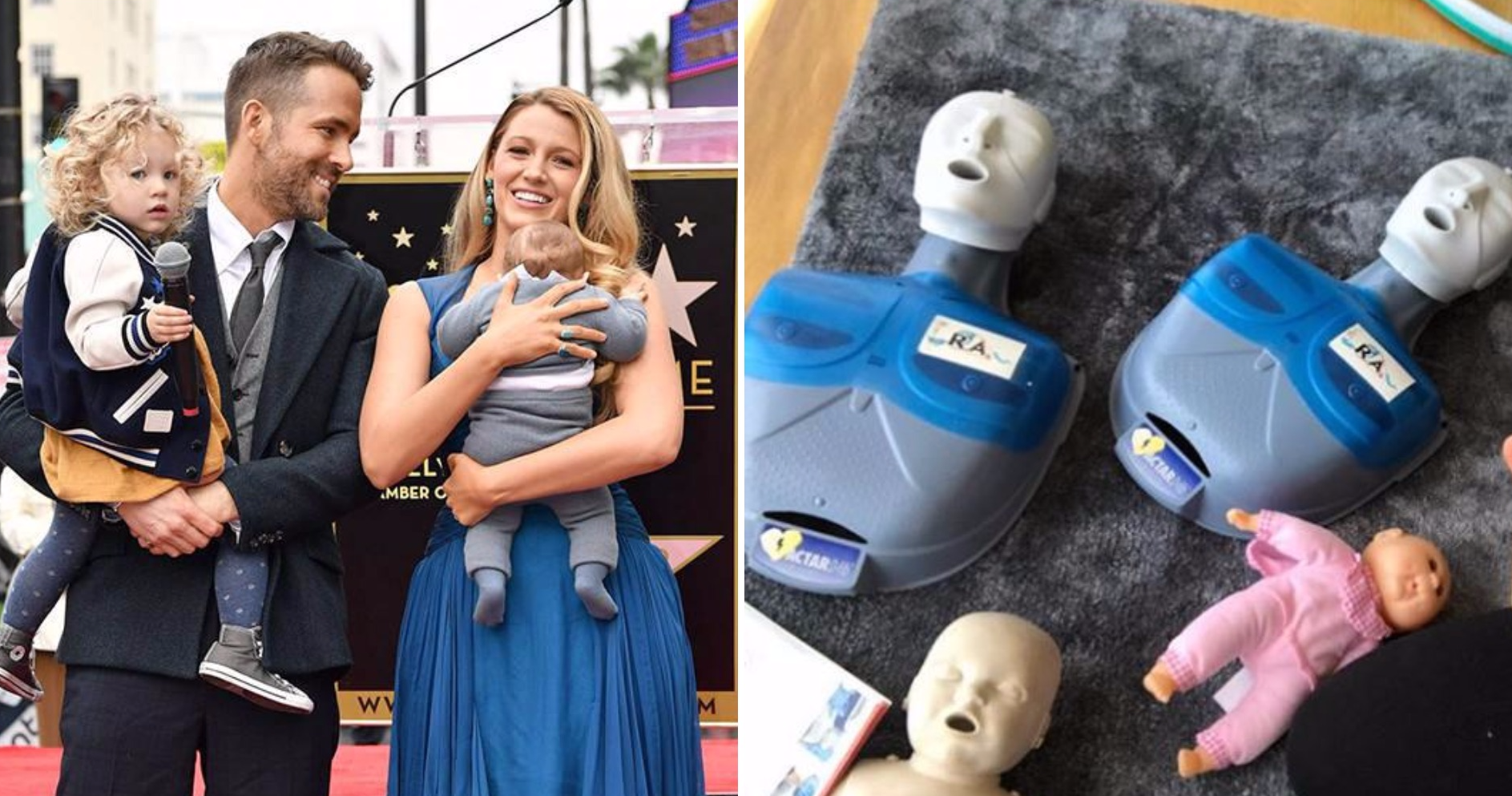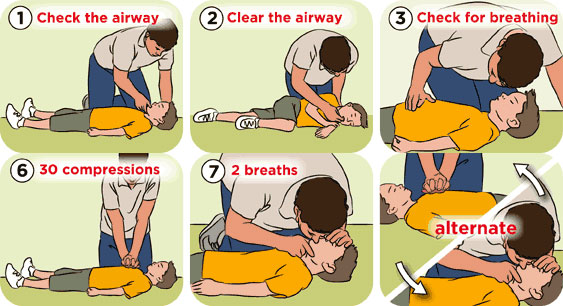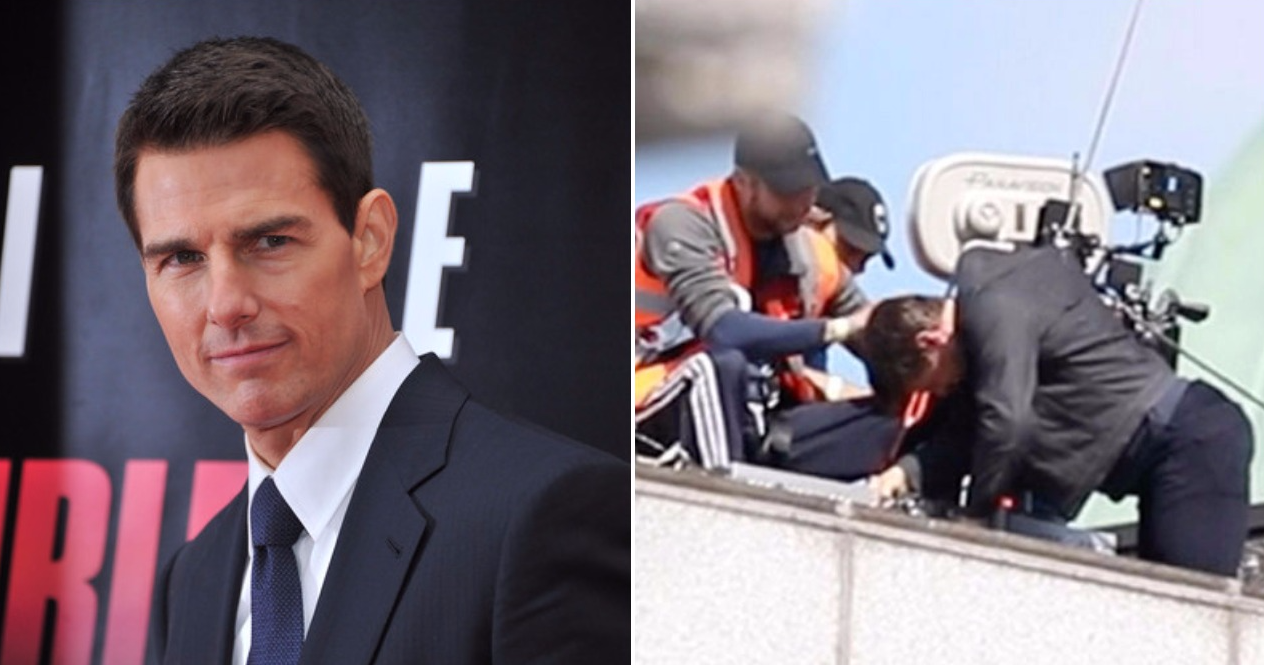It's rare that celebrities bring attention to a cause that hasn't directly affected themselves or a close family member, which is why the message Blake Lively shared with her fans recently is so important. The star, who had big roles in films like The Town and as Serena on Gossip Girl, married her Green Lantern costar Ryan Reynolds in 2012, and the couple have 2 young daughters, James and Ines.
Lively is known for keeping her children out of the spotlight - her daughter's names weren't even public knowledge until recently - and until her husband's Hollywood Walk of Fame ceremony last year, there were only a handful of photos of the happy family together.
That fact that lively is so hush-hush about her kids and her life at home with Reynolds is part of why her recent Instagram post has been making waves online.
In a message to "all mamas and daddies out there," Lively stressed the importance of taking an infant CPR class, and shared a photo of herself attending one. Both she and her husband recently completed the safety course, and she wants other parents to do the same.
It's a simple message, but one that's getting a lot of support from parents. As Lively says, if you haven't taken one already you should run - not walk - the the nearest class!
See Lively's post on the next page, and learn the basic of infant CPR!
Even if you remember taking a basic CPR course in high school, there are lots of important differences when it comes to how to give young children CPR. If you're a parent or you regularly babysit for one, you should learn the basics right now, then take a class as soon as possible.
The basics of CPR (cardiopulmonary resuscitation) are to keep a person's blood pumping and brain supplied with oxygen after they've passed out. This involves pushing down on their chest and breathing into their mouth.
It's important to act quickly, because in just 8 minutes an unconscious person can suffer permanent brain damage. To make things worse, while most adults only need CPR when they have a heart attack, children are much more fragile.
Choking (on food, water, etc), drowning, suffocating, poisoning, or even a hard fall can stop a toddler's heart. They also need to be treated differently than adults: chest compressions during CPR should be smaller, and their heads shouldn't be tilted back as far as an adult's.
Look online for local classes taught by the American Heart Association or the Red Cross, then retake the class every 2 years to keep your skills sharp!
Lively is doing the responsible thing by making sure she's prepared to help her little ones, every parent should do the same.
Share her warning with a parent!





